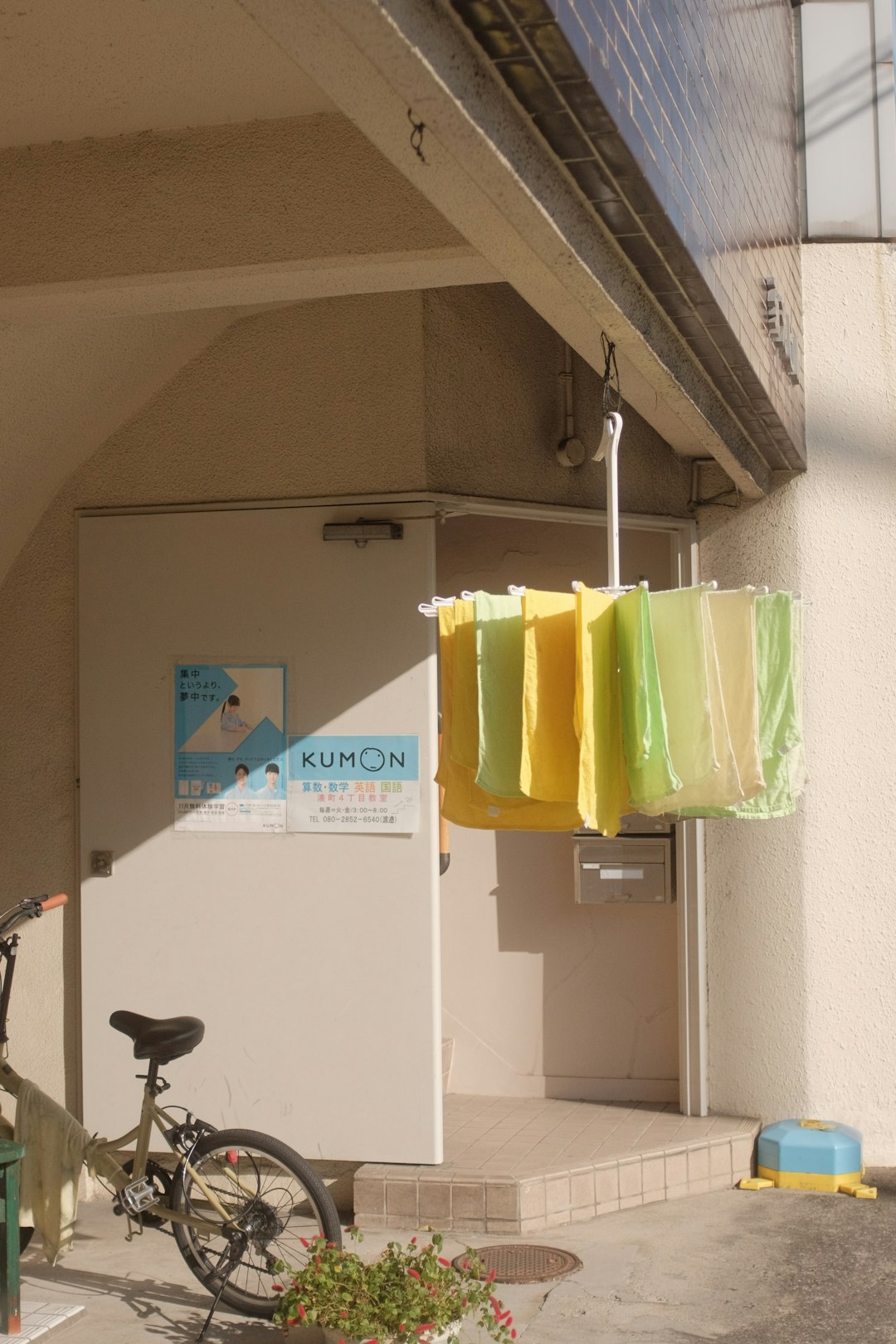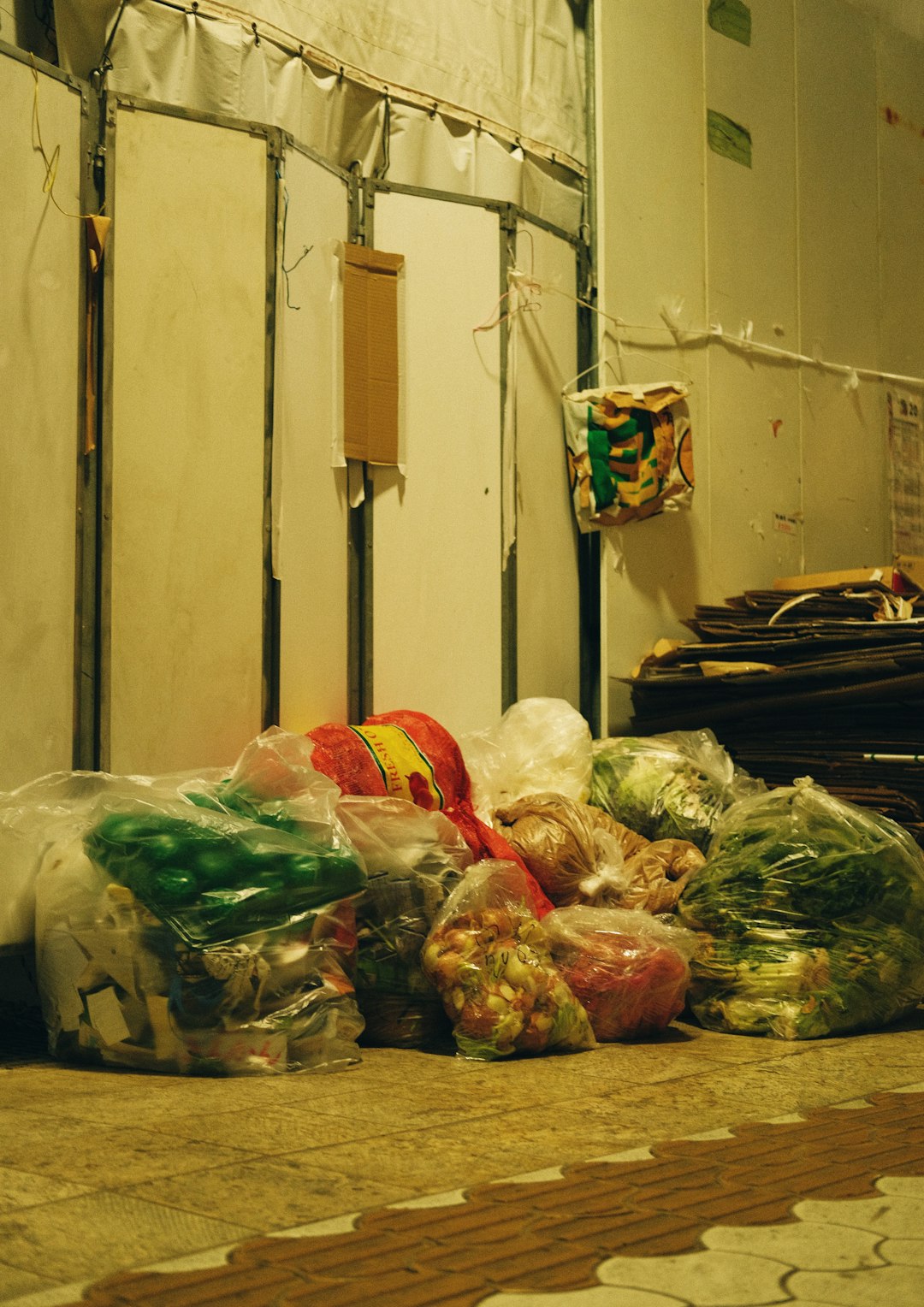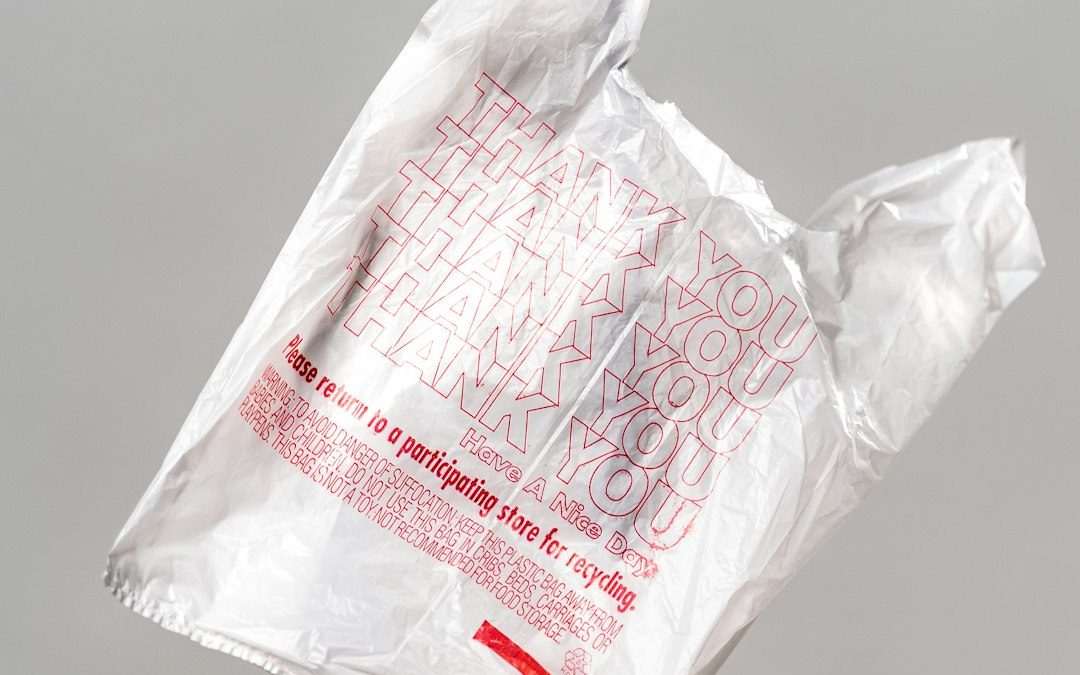As legislative shifts and environmental concerns reshape consumer behavior, the conversation around plastic bags is evolving rapidly in 2025. While many consumers are aware of bans and taxes on single-use plastic bags, fewer are informed about the lawsuits tied to these regulations and how they intersect with food safety. Understanding these developments is essential for making safer, more informed choices when shopping for groceries and dining out.
The Rise of Plastic Bag Legislation
Over the past decade, governments at local, state, and national levels have taken substantial steps to reduce plastic waste. These policies include:
- Bans on single-use plastic bags in retail and food service establishments.
- Fees for non-reusable plastic bags to encourage the use of durable alternatives.
- Mandates on the use of compostable or recycled materials.
However, legislation has not been uniform across jurisdictions, leading to confusion among businesses and consumers. As a result, a wave of lawsuits has surfaced in 2024 and into 2025, questioning the legality, enforceability, and unintended consequences of such bans.
Plastic Bag Lawsuits: What’s Behind the Legal Battles?
At the heart of many lawsuits are concerns from retailers and manufacturers who claim financial hardship or unequal treatment under the law. Key points of legal contention include:
- Preemption – Some businesses argue that local bans conflict with state or federal regulations.
- Economic impact – Small businesses claim they shoulder an unfair burden adapting to new packaging laws.
- Food safety risks – Critics assert that alternatives to plastic bags may pose sanitary risks, particularly in the food sector.
As courts deliberate these issues, consumers find themselves caught in the crosshairs—trying to choose between environmentally safer options and those that guarantee food safety.

Reusing Bags: A New Food Safety Challenge
One major concern highlighted in various lawsuits involves the health implications of reusable bags. According to a 2024 report from the Food Safety Council, improperly cleaned reusable bags may harbor harmful bacteria such as E. coli and Salmonella.
Some common mistakes include:
- Not washing cloth or polypropylene bags between uses.
- Mixing raw food items like meat and produce inside the same bag.
- Leaving bags in a warm car, which promotes bacterial growth.
Consumer Tip: Experts recommend washing reusable cloth bags after each grocery trip and storing them in a cool, dry environment. For non-washable bags, wiping down surfaces with a disinfectant is advised.
How Businesses Are Responding
To navigate these evolving legal and safety landscapes, grocery chains and restaurants have begun implementing new protocols. In 2025, many retailers have adopted practices such as:
- Offering sanitized bagging stations where shoppers can clean reusable bags.
- Allowing customers to opt for biodegradable paper alternatives at a small charge.
- Training staff on how to handle reusable bags safely to minimize cross-contamination.
Meanwhile, manufacturers of reusable bags are incorporating anti-microbial materials and clear labeling to promote hygienic use.

What Consumers Should Do
Given the intersection of public policy, legal action, and personal health, here are several strategies consumers should consider in 2025:
- Stay informed: Monitor local regulations about permitted bag types and safety guidelines.
- Practice hygiene: Treat your reusable bags like food containers—keep them clean and properly stored.
- Ask questions: Don’t hesitate to inquire if your retailer or supermarket has updated food safety practices concerning bags.
Additionally, the U.S. Food and Drug Administration has recently launched a public awareness campaign emphasizing safe grocery transport. As these educational efforts intensify, consumers are encouraged to evaluate their daily habits through a food safety lens.
Moving Forward: Balancing Sustainability with Safety
As the battle over plastic bag legislation continues in courts and legislatures, one truth remains: both environmental protection and food safety are non-negotiable. Striking a balance between the two is challenging but achievable with informed consumer behavior and responsible corporate practices.
In 2025, success will depend on collaboration—among governments, businesses, and individual consumers—ensuring that sustainability doesn’t come at the cost of our health.
yehiweb
Related posts
New Articles
6 Remote Team Collaboration Tools That Boost Productivity And Communication
Remote work is no longer a trend. It is the new normal. Teams are spread across cities, countries, and time…


